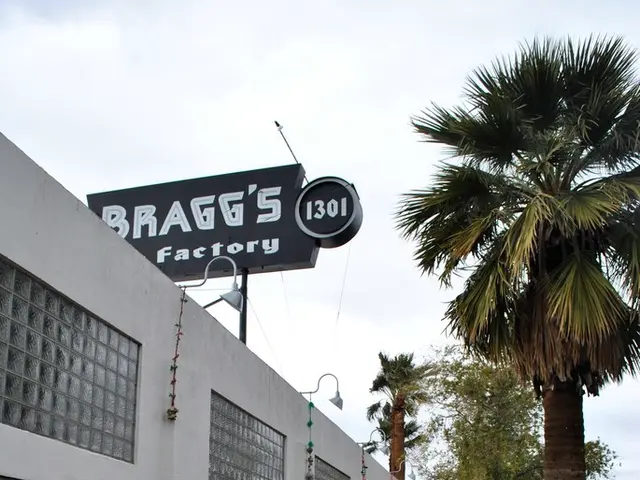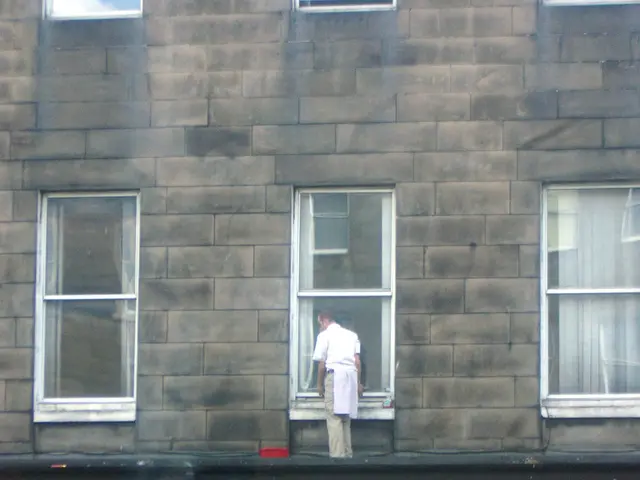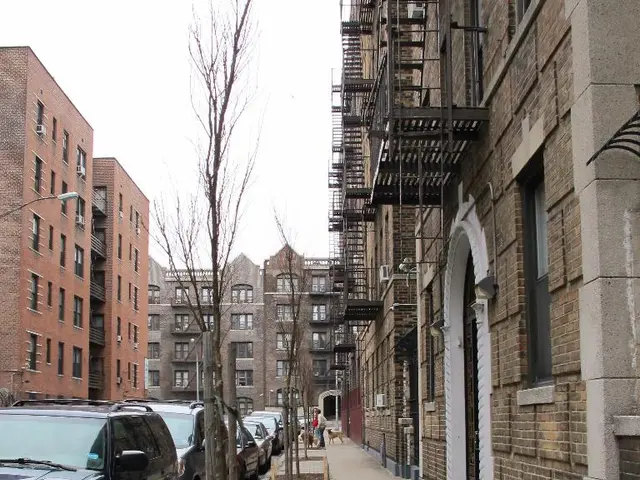Controversial Permit Approved for Oil Refinery's Toxic Emissions: A Step Backward for Environmental Protection?
Oil refinery granted exemption for emitting pollutants - Exemption Granted for Pollutant Discharge from Oil Refineries
Let's dive into the heated controversy surrounding the oil refinery PCK nestled in Schwedt, northeastern Brandenburg. This refinery has been issued a special permit, greenlighting a minor hike in pollutant emissions, mainly sulfur dioxide (SO2). The State Environmental Agency has made the decision, taking into account opposing viewpoints regarding a less strict limit value. The German Environmental Aid (DEA) has publicly announced their plans to challenge this permit's validity.
The fuss is all about an alteration in sulfur dioxide emissions from PCK. According to the company, this shift is due to the processing of approximately 20 assorted types of crude oil since the Russian oil import ban, triggered by the Ukraine war. Their argument is that the new crude oil mix has a less favorable sulfur content. Previously, solely Russian oil was refined at PCK.
The State Environmental Agency reasoned that working with alternative crude oils poses "special technical and logistical challenges" that were unforeseeable or impossible to quickly resolve. The permit is valid until the end of 2027, and without it, the refinery may face a shutdown or losing its competitive edge, according to the released documentation at the end of April.
DEA has announced its intentions to contest the permit, and they also plan to file a legal challenge against its immediate enactment. DEA argues that the company should have prioritized investing in an advanced desulfurization plant instead of seeking this exemption.
Sulfur dioxide, a key contributor to air pollution, is predominantly produced through the oxidation of sulfur found within the fuel in combustion processes.
In simpler terms, the permit allows PCK to exceed the regulated sulfur dioxide emissions, citing technical hurdles as the reason, despite DEA's opposition, viewing this as a setback in environmental protection and public health due to increased air pollution and related health risks.
On a related note, the granting of such exemptions and the ongoing tension between industrial operations and environmental regulations is a topic of debate. With sulfur dioxide linked to respiratory illnesses and acid rain, critics emphasize the importance of stricter enforcement of emissions standards and promoting cleaner technologies promptly.
- The controversy over the permit for the oil refinery PCK in Schwedt, EC countries, has sparked debate regarding the impact of vocational training in the industry, with some arguing that the refinery should have invested in a more advanced desulfurization plant as an alternative to seeking an emission exemption.
- As the fuss revolves around sulfur dioxide emissions from PCK, science plays a crucial role in understanding the implications of increased pollution levels, as this key contributor to air pollution is predominantly produced in the oxidation of sulfur found within the fuel during combustion, posing potential risks for environmental-science such as increased public health concerns due to respiratory illnesses and acid rain.
- The ongoing debate over this permit and its implications for environmental protection reflects the broader discussion in finance and energy circles about the importance of striking a balance between industrial growth and the adoption of cleaner, more sustainable technologies.








